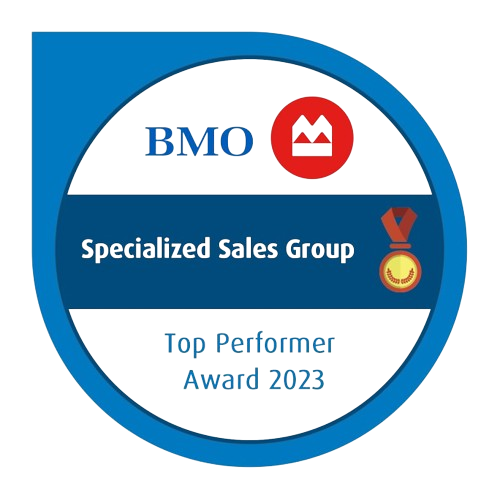Obtaining a mortgage involves a series of steps, and it’s important to be well-prepared. Here are key points to follow when seeking a mortgage:
Check your credit score for a mortgage:
Obtain a copy of your credit report and check your credit score. A higher credit score generally leads to better mortgage terms. Address any errors on your credit report and work on improving your score if needed.
Calculate Closing Costs:
Assess your financial situation, including income, expenses, and debt. Determine how much you can comfortably afford for a mortgage payment each month.
Save for a Down Payment:
Save for a down payment. While some mortgage programs offer low down payment options, having a larger down payment can lead to better terms and lower monthly payments.
Get Pre-Approved:
Obtain pre-approval from a lender. This involves submitting financial documents for a preliminary assessment of your creditworthiness. Pre-approval gives you an idea of how much you can borrow and strengthens your position when making an offer on a home.
Research Mortgage Options:
Explore different types of mortgages, such as fixed-rate and adjustable-rate mortgages (ARMs). Understand the terms, interest rates, and potential future adjustments for each option.
Compare Lenders:
Shop around and compare mortgage rates and terms from different lenders. Consider both traditional banks and mortgage lenders to find the most competitive offer.
Calculate Closing Costs:
Be aware of closing costs, which include fees for loan origination, appraisal, title insurance, and other expenses. Factor these costs into your budget.
Consider Loan Terms:
Choose a loan term that aligns with your financial goals. Shorter terms often have higher monthly payments but lower overall interest costs, while longer terms may have lower monthly payments but higher total interest costs.
Gather Required Documents:
Prepare the necessary documents for your mortgage application, including proof of income, employment verification, tax returns, and bank statements. Having these documents ready can streamline the application process.

Avoid Major Financial Changes:
Avoid making significant financial changes, such as taking on new debt or changing jobs, during the mortgage application process. Lenders prefer stability in your financial situation.
Review Loan Estimates:
Once you receive loan estimates from different lenders, carefully review them. Pay attention to interest rates, closing costs, and any potential prepayment penalties.
Attend Homebuyer Education:
Consider attending homebuyer education courses to gain a better understanding of the homebuying process, mortgage terms, and your rights and responsibilities as a borrower.
Stay Informed Throughout the Process:
Stay informed about the mortgage process and ask questions if anything is unclear. Regular communication with your lender is essential for a smooth transaction.
Be Prepared for Appraisal and Inspection:
Understand that the lender will require an appraisal of the property to assess its value. You may also want to arrange a home inspection to identify any potential issues.
Close:
Once the loan is approved, review the Closing Disclosure document and attend the closing meeting. Sign the necessary documents, pay closing costs, and officially become a homeowner.
Remember that the mortgage process can vary, and it’s advisable to seek professional advice and work closely with your lender throughout the journey.
Click to read the article A Comprehensive Guide on How to Get a Mortgage.


